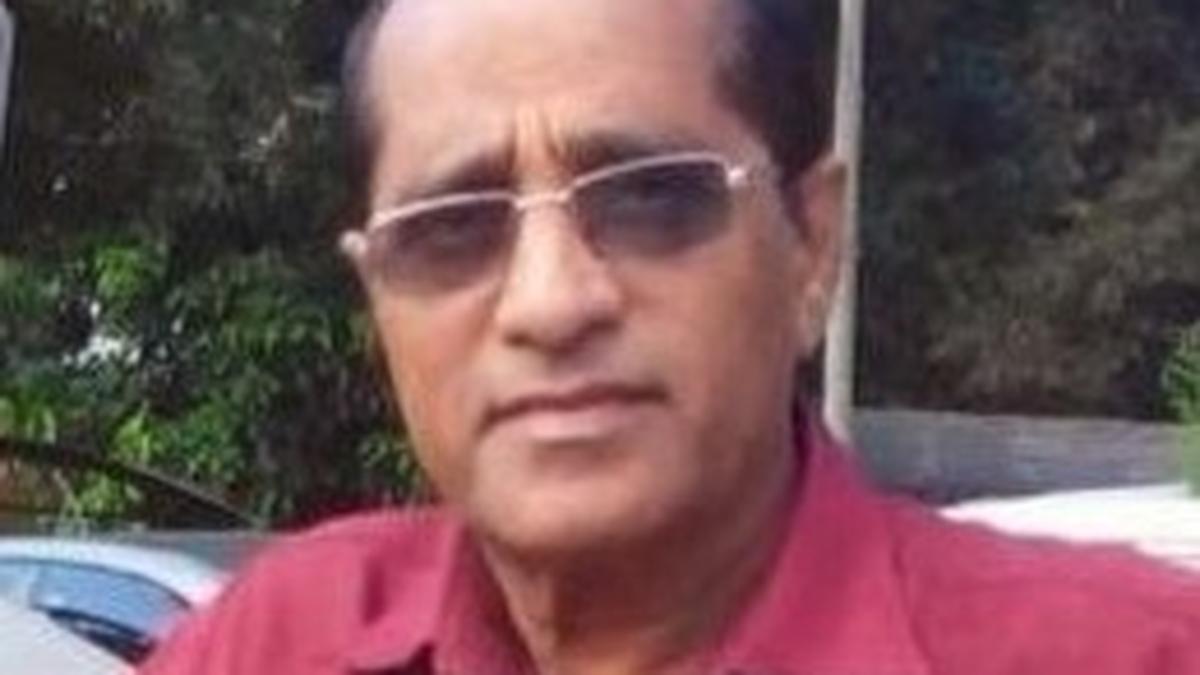
The memoir of an expat explores Indonesia’s unique cultural mosaic
The Hindu
"Thank You/Terima Kasih”-A Memoir of an Indian Expatriate by Rishabhan offers insights on adapting to new cultures abroad.
Light-hearted in tone and breezy in its narrative style, “Thank You/Terima Kasih”-A Memoir of an Indian Expatriate”, by Rishabhan (the pen name of author P. Radhakrishnan), could hold a lesson or two on adapting to new cultural milieus, especially for a generation of youth migrating abroad.
It is an engaging mix of lived experience, anecdotes, and tips from an expatriate, who reluctantly relocated to Indonesia filled with a sense of trepidation decades ago, only to fall in love with the place and call it his second home. A refreshingly straight-from-the-heart account of the author’s extensive stay in Indonesia as an expatriate professional (working in senior positions of multinational firms between 1978 and 2006), the 185-page book (published by Print Process) also opens a fascinating window to the land, the people, and the culture.
Rishabhan, who is of Puducherry origin, dwells on the cultural affinities between India and Indonesia and key tourist destinations, notably the influence of Hindu religion with the hundreds of temples in the world’s largest Muslim-majority nation.
The tributes to the charms of the archipelago are tempered with references to the vulnerability of the place to natural disasters and their upheaval impact. The book also serves as a primer to Indonesia’s political history.
As he makes a compelling case for building on bilateral friendship, the author reminds readers of the value of relationship-building and revering the cultural identity of other sets of people who follow different customs and traditions.
Eddy Wardoyo, Consul-General of the Republic of Indonesia in Mumbai, states in his foreword: “This work is not only a valuable resource for those interested in Indonesia but also a testament to the enduring bond between India and Indonesia. As one of the few extended accounts of an Indian living in Indonesia, this book fills a significant gap in our understanding of intercultural relations.”
Mr. Radhakrishnan thinks it especially serendipitous that his book comes out at a time when Indonesia’s President Prabowo Subianto is the chief guest at the 76th Republic Day celebrations in Delhi.

Bhanu Prakash Yeturu, Deputy Election Commissioner, Election Commission of India, chaired a zonal-level review meeting on Special Intensive Revision (SIR) works, here on Tuesday. The meeting, which witnessed the participation of 10 District Collectors (District Election Officers), involved high-level oversight by national and State election authorities.












